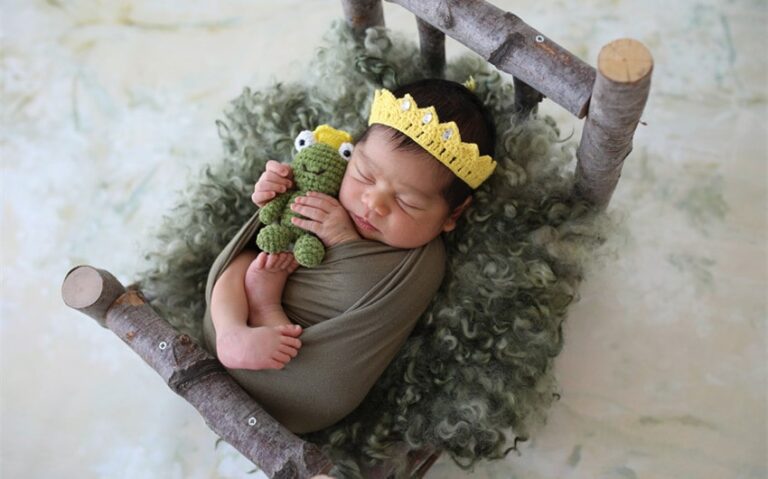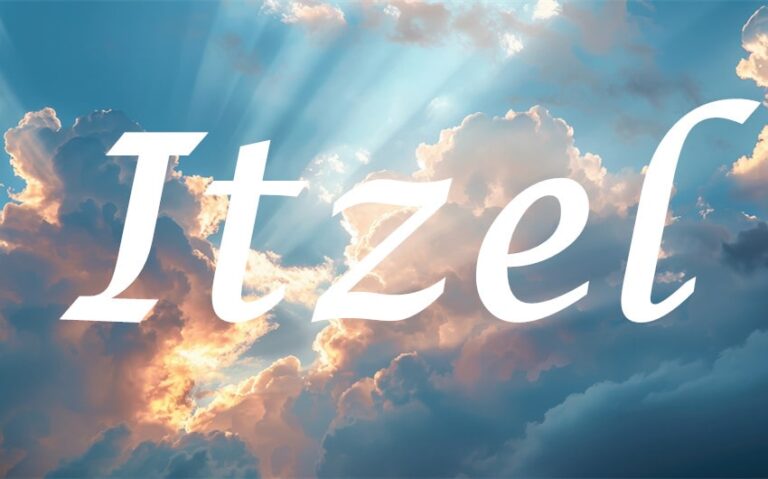60 Japanese Name with Dark Meaning and the Beauty Behind the Shadows
Have you ever been captivated by the quiet power of names that sound mysterious or sorrowful? The Japanese name with dark meaning uncovers a side of the language that’s deeply emotional, poetic, and symbolic. In Japan, darkness doesn’t always represent evil—it often stands for wisdom, reflection, strength, and grace found in silence. These names embrace imperfection and balance, showing that beauty exists not only in light but also in shadow. From ancient legends to modern art, Japan’s relationship with darkness has always carried dignity and depth, and that beauty shines even through names.
Understanding Darkness in Japanese Names
In Japanese culture, darkness—yami (闇)—is not something to fear, but something to understand. It represents quietness, mystery, and transformation. Many traditional Japanese philosophies, including wabi-sabi, emphasize the beauty of imperfection and the elegance found in fleeting or melancholic moments. The same applies to names that hold darker meanings: they don’t express negativity but rather emotional honesty, endurance, or contemplation.
Names with darker undertones may evoke the moonlit night, shadows, solitude, or grief—but these ideas are viewed through a lens of artistry. A “dark” name might describe someone introspective and strong, someone who sees beauty in silence and truth in impermanence. In Japanese poetry and art, darkness is essential because it makes light more meaningful. The same harmony between light and shadow defines the emotional richness of these names.
The Cultural and Linguistic Roots of Dark Meanings
Japanese names are crafted using kanji—characters that represent both meaning and sound. The kanji used for names with dark meanings often include symbols like yami (闇, darkness), yoru (夜, night), kage (影, shadow), or kuro (黒, black). Yet these characters can also symbolize wisdom, tranquility, and depth.
For example, kage (影) means “shadow,” but it can suggest protection or mystery. Yoru (夜) means “night,” often used in poetry to express peace or solitude. Kuro (黒), meaning “black,” represents strength, elegance, and formality. Historically, such characters appeared in samurai or poetic names, signifying dignity and endurance through hardship. These names capture the Japanese view that darkness and light coexist—and that both are necessary for balance.
Examples of Japanese Names with Dark Meanings
Below are over 50 unique and meaningful Japanese names that carry darker, more introspective meanings. Each includes a brief interpretation that highlights its poetic or symbolic beauty.
-
Yami (闇) – “Darkness”; symbolizes mystery and the unknown.
-
Kurai (昏 / 暗) – “Dim” or “shadowed”; suggests quiet solitude.
-
Anzai (暗哉) – “Dark tranquility”; peace within stillness.
-
Yoru (夜) – “Night”; evokes calm and mystery.
-
Kuro (黒) – “Black”; symbolizes elegance and resilience.
-
Kage (影) – “Shadow”; represents protection and subtle strength.
-
Kurayami (暗闇) – “Complete darkness”; a metaphor for deep reflection.
-
Mei (冥) – “Dark” or “underworld”; linked with spirituality.
-
Rin (凛) – “Cold” or “dignified”; expresses emotional composure.
-
Akumu (悪夢) – “Nightmare”; symbolizes confrontation of fear.
-
Yugure (夕暮れ) – “Twilight”; the beauty of endings and transitions.
-
Inori (祈り) – “Prayer”; conveys longing or mourning.
-
Reika (怜華) – “Wise flower”; evokes ghostly elegance.
-
Shinobu (忍) – “Endure”; represents quiet perseverance.
-
Itsuki (樹 / 斎) – “Tree” or “purity”; can symbolize isolation.
-
Kanon (花音) – “Flower sound”; sometimes implies silence or loss.
-
Mika (深香) – “Deep fragrance”; associated with hidden beauty.
-
Anri (杏璃 / 安璃) – Depending on kanji, can mean “quietness” or “peaceful crystal.”
-
Sayo (沙夜 / 小夜) – “Little night”; symbolizes gentleness and calm darkness.
-
Nozomi (望) – “Hope”; in darker contexts, hope born from despair.
-
Airi (哀里) – “Sorrowful village”; poetic name expressing empathy.
-
Kagetsu (花月) – “Flower moon”; associated with melancholy beauty.
-
Yuzuki (夕月) – “Evening moon”; symbolizes soft sadness and reflection.
-
Aika (哀歌) – “Sad song”; represents poetic sorrow.
-
Hotaru (蛍) – “Firefly”; light that flickers in darkness, symbolizing fragility.
-
Mio (澪) – “Waterway”; can represent tears or the path of emotion.
-
Hanae (花影) – “Flower shadow”; symbolizes delicate beauty hidden from view.
-
Kohaku (琥珀) – “Amber”; sometimes connected with ancient memories and melancholy.
-
Yukiko (雪子) – “Snow child”; represents purity and cold beauty.
-
Fuyuko (冬子) – “Winter child”; symbolizes endurance and stillness.
-
Kiyomi (清美) – “Pure beauty”; can also evoke quiet emotional distance.
-
Ritsu (律) – “Law” or “rhythm”; linked to emotional restraint and discipline.
-
Shiori (詩織) – “Poem weave”; evokes nostalgia and memory.
-
Mizuki (水月) – “Water moon”; symbolizes reflection and emotional depth.
-
Atsuya (敦夜) – “Gentle night”; represents calm and protection.
-
Rei (霊) – “Spirit” or “ghost”; reflects spirituality and remembrance.
-
Mare (稀礼) – “Rare blessing”; beauty born from rarity and sorrow.
-
Kouya (荒夜) – “Wild night”; symbolizes chaos or untamed freedom.
-
Haruka (遥香) – “Distant fragrance”; evokes longing or separation.
-
Kayo (佳夜) – “Beautiful night”; poetic imagery of darkness and grace.
-
Suzuha (鈴葉) – “Bell leaf”; soft sound fading into silence.
-
Tsubaki (椿) – “Camellia”; a flower symbolizing love that doesn’t last.
-
Ena (恵那) – “Blessed stillness”; peaceful yet somber tone.
-
Ayaka (彩霞) – “Colorful mist”; symbolizing fading beauty.
-
Minori (実法 / 美憂) – “Truth” or “beautiful sorrow”; expressing inner melancholy.
-
Katsuki (香月) – “Fragrant moon”; bittersweet memory or romance.
-
Nao (尚央) – “Still center”; symbolizes calm strength.
-
Asahi (朝陽) – “Morning sun”; a name that suggests rebirth after darkness.
-
Towa (永久) – “Eternity”; evokes the unending cycle of night and day.
-
Aya (亜夜 / 綾夜) – “Sub-night” or “woven night”; poetic expression of beauty in darkness.
-
Rui (涙) – “Tear”; symbolizes sorrow and emotional honesty.
-
Anju (安寿) – “Peaceful longevity”; peace found after hardship.
-
Kagerou (陽炎) – “Heat haze”; illusion, fragility, and vanishing beauty.
-
Sora (空) – “Sky”; when used metaphorically, reflects emptiness or boundless thought.
-
Tsukiko (月子) – “Moon child”; symbol of light within darkness.
-
Yukiha (雪葉) – “Snow leaf”; contrast of life and cold purity.
-
Ame (雨) – “Rain”; represents cleansing tears and renewal.
-
Kuroha (黒羽) – “Black feather”; evokes mystery and silent flight.
-
Rinka (凛花) – “Cold flower”; beauty in restraint.
-
Haruya (春夜) – “Spring night”; contrasts warmth and darkness.
Each of these names, while dark in tone, carries poetic beauty. They do not represent evil or despair but rather emotion, resilience, and the ability to find meaning within shadow. Japanese naming traditions find balance in these expressions, showing that the night, like the day, has its own light.







